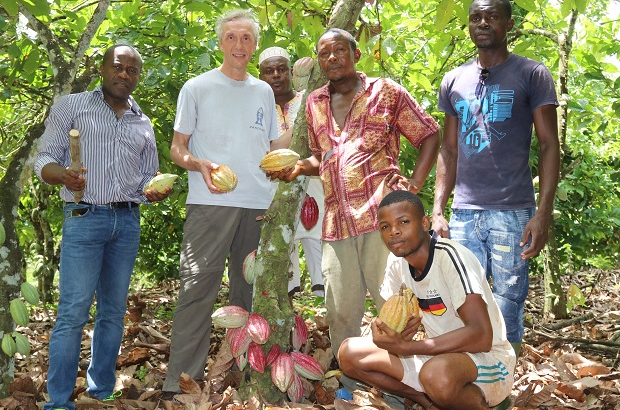- Daily & Weekly newsletters
- Buy & download The Bulletin
- Comment on our articles
How one Belgian chocolate company’s bean-to-bar project directly helps cocoa farmers
Easter is synonymous with eating chocolate and in Belgium – touted as the world capital for cocoa treats – the choice of eggs and chocolate delights is second to none.
But one chocolate manufacturer, who is pioneering a €2 million Fairtrade project in West Africa, has this timely message for families.
“You can’t buy an Easter egg that is not Fairtrade because how can a child in Belgium be happy with the child labour over there,” says Thierry Noesen, founder and director of Hainaut-based Belvas, European market leader in organic and Fairtrade chocolate and truffles.
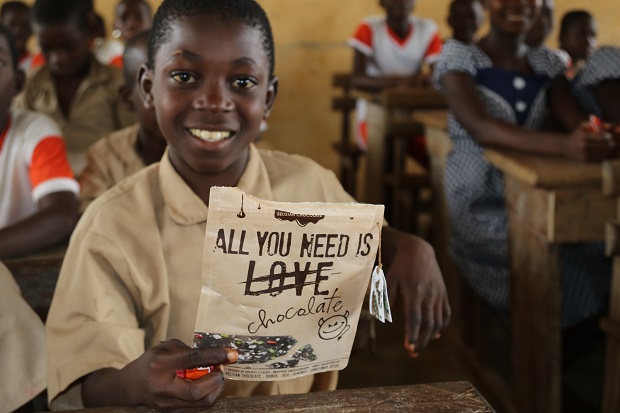
“I’m not saying that all non-Fairtrade chocolate uses child labour - that would be too easy - but at this time of the year the smiles of the kids here should be combined with the smiles of the kids over there,” he adds poignantly.
Noesen is a man on a mission. After 15 years commitment to producing only Fair trade chocolate and developing organic products, Belvas is now setting up a processing plant in Ivory Coast to promote sustainable practices and help local producers.
Working with the country's cooperative union Ecookim, the KimVas project has received significant backing from Belgium’s philanthropy institution the King Baudouin Foundation. The project follows years of investment by Belvas in Peru, and for the past two years, a cooperation with Ivory Coast farmers called Direct Cocoa.
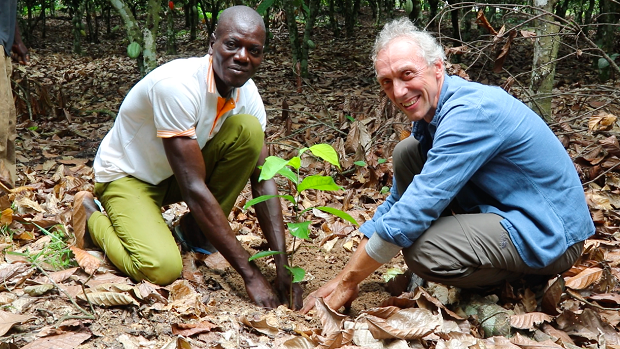
The harsh reality of the cocoa industry is that farmers in Ivory Coast cannot survive on the money they receive for their crop. The country, along with neighbouring Ghana, supplies 60% of the world’s cocoa, but is reliant on the immoral and dangerous practice of child labour.
For behind the sweetness of the product lies a bitter and enduring story of poverty. There’s an extreme inequality between the price paid for cocoa beans and the profits made by manufacturers and retailers.
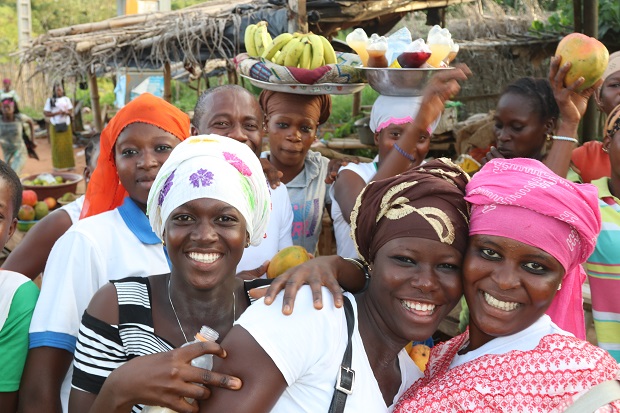
If Direct Cocoa targets child labour, crop diversification, higher premium organic production and educational programmes that include empowering local women, Noesen’s zeal for the business extends to improving the lives of hundreds of families and making the industry greener. Processing and roasting cocoa beans locally to produce cocoa mass creates considerable economic advantages for the community and has an important environmental impact.
“It’s a great model for the planet as well as having social and financial benefits. Shipping cocoa mass halves the transport. When you process beans, you lose 25% water and the peel on the bean can be used as a natural compost in the fields,” enthuses Noesen. He points out that cocoa mass does not require chemical pesticides when transported unlike insect-infested beans.
While passion is a recurring motivation for chocolate makers, Noesen’s incentive is clear: “I’m sure anyone else would do the same in my situation when you understand how much impact you can have over there.” By paying a Fairtrade premium Belvas has already contributed €400,000 additional revenue for the farmers, he points out.
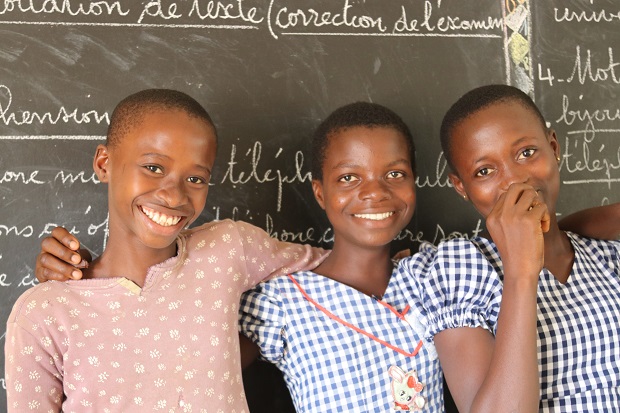
Fair revenue for farmers as well as the bean to bar philosophy play a key role in the company’s commercial strategy. The demand for Fairtrade products is increasing, “a very positive message,” notes Noesen. “Everyone needs to do it. If the whole industry was Fairtrade and I disappeared, that would be a good thing.”
The challenge to improve the global image of Ivory Coast cocoa is being met by strongly roasting the beans to produce a pleasing and more robust flavor, he says. Belvas is also continuing its work with cooperatives in Peru for the popular “fruitier flavoured” chocolate that typifies Latin American products.
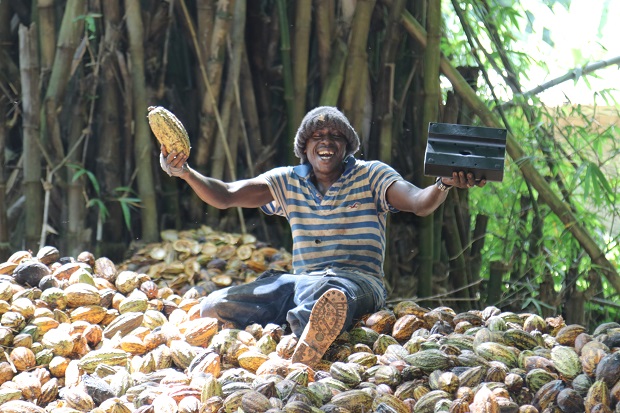
Meanwhile, Noesen has set a deadline of the end of the year to have the KimVas factory up-and-running in Daloa in the centre of Ivory Coast. A pre-fab building is currently under construction in Belgium and due to be shipped in the summer. Machinery for the plant was bought from a chocolate factory in Germany that closed last year.
Aware now more than ever of the complexities of the global cocoa industry, Noesen is in the process of writing a book about his work and experience amid his ongoing commitment to “changing the chocolate world, one bite at a time”.
It’s a sentiment that echoes the project’s name. Belvas (Belgium plus Value Added for the South) is combined with Kim, inspired by the word in the Senoufo language for ‘together’.







